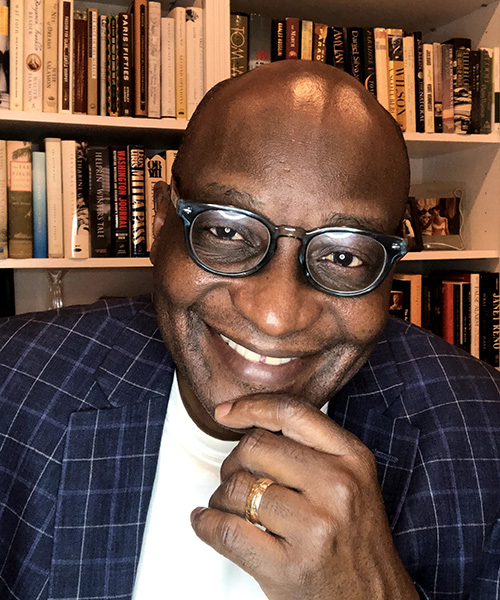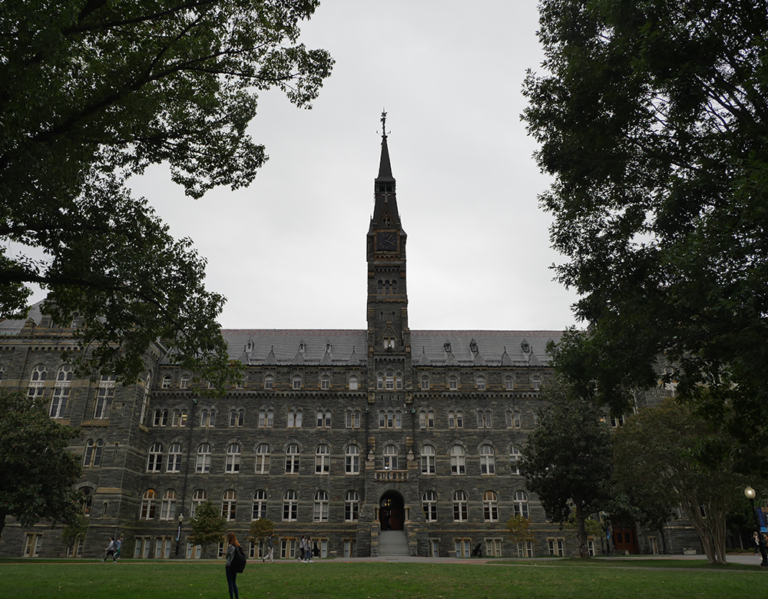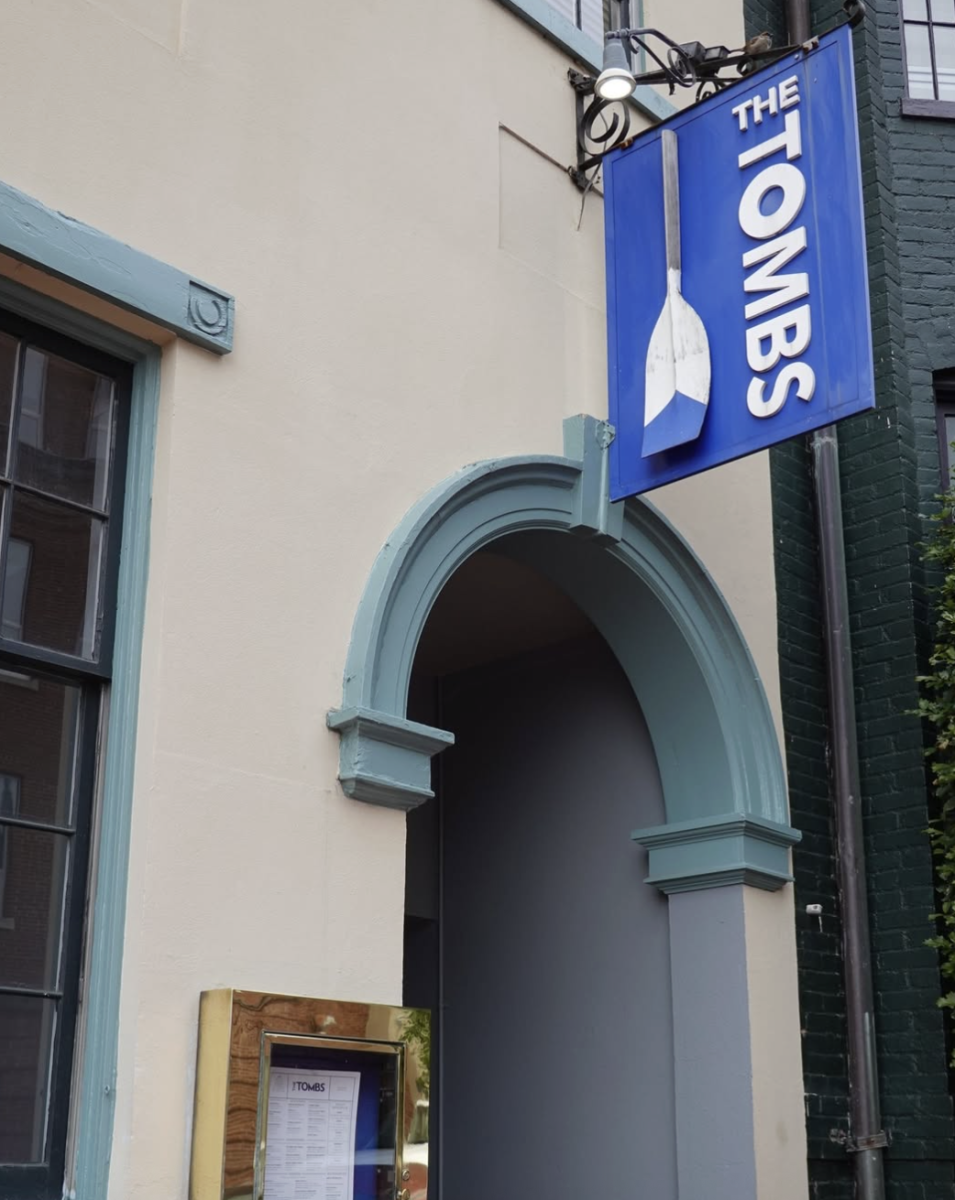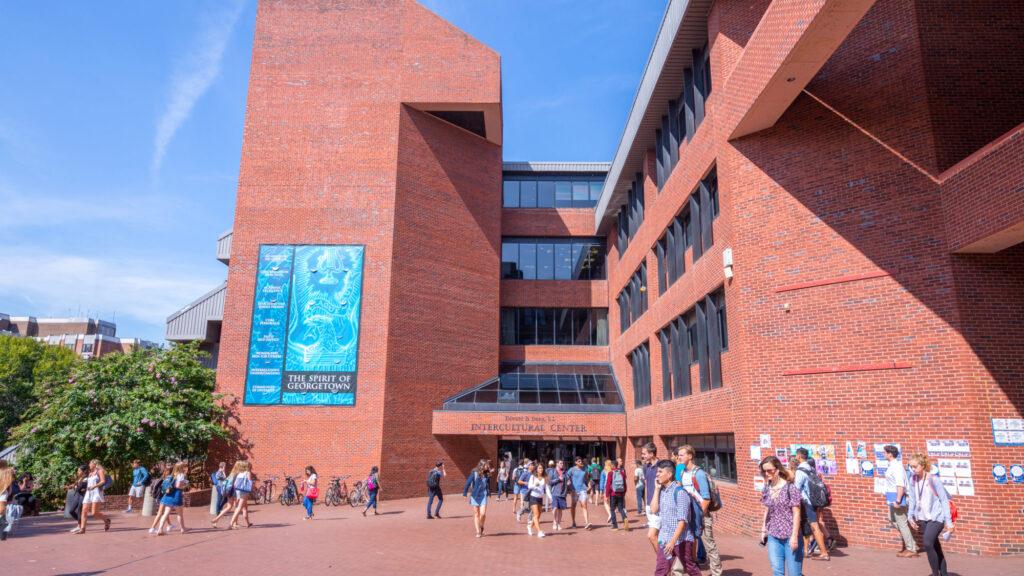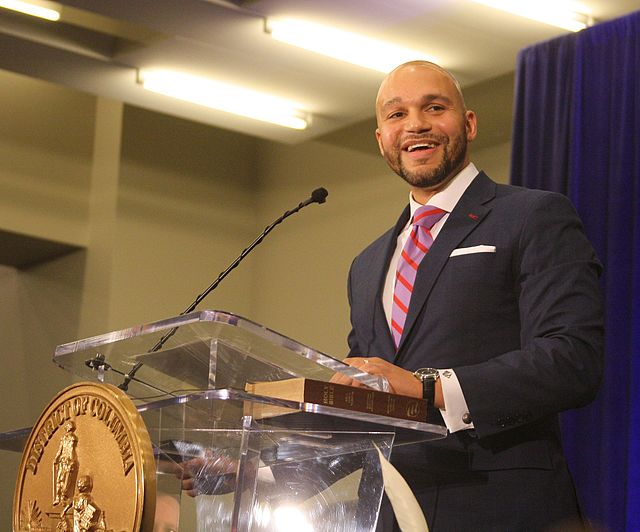A Georgetown University graduate received the SAGE early career trajectory award, which recognizes achievements by psychology scholars who earned their doctorate within the last four to six years, the university announced Oct. 4.
Kevin Carriere (GRD ’19) is one of the nine psychology scholars recognized by SAGE Publications and the Society for Personality and Social Psychology, the largest organization of social psychologists in the world, for the award. The judges evaluate candidates for the award based on their contributions to teaching, research and service, granting the award in specific categories that reflect these areas.
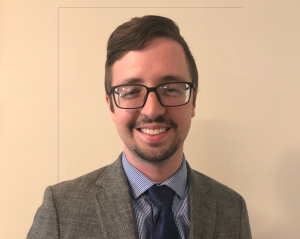
Carriere said his passion for mentoring students and experience teaching classes at Georgetown led him to apply for the award’s teaching category rather than the research and service categories.
“I knew I would never be able to compete against the amazing professors at Georgetown and George Washington and Harvard,” Carriere told The Hoya. “And so for me, I was like, ‘I think I would like to be judged on my teaching.’ That’s kind of what I’ve always wanted to do. I’ve always enjoyed teaching.”
In his application for the teaching category, Carriere described his use of a grant from the Society for the Psychological Study of Social Issues, a group of scientists interested in applying psychology to policy, to bring students to Washington, D.C., to lobby for issues they cared about after conducting research on them during the semester. He also discussed his development of a free online course to learn the programming language R, as well as his mentorship of undergraduate researchers at Stonehill College, where he is an assistant professor of psychology.
Carriere, while pursuing his doctorate of philosophy and master’s of public policy, taught general psychology and a seminar course on the psychology of human rights. He also worked with undergraduate students on research and publications.
Carriere said he was first exposed to the interdependent relationship between policy and psychology by his fellow master’s students at Georgetown and later gained more experience while working with then-Congresswoman Deb Haaland, who now serves as secretary of the interior, during his postdoctoral fellowship.
“I think psychology has to be part of the policy conversation,” Carriere said. “The way I try to explain it to my students is that, when you listen to Kamala Harris or Donald Trump and they’re talking about a policy issue, they’re not saying, ‘Well, if I increase your taxes, then P equals .05 and you’re going to feel better.’ They actually say stuff like, ‘Here’s little Susie who is struggling and we can give her a better life.’ The human is what drives the policy.”
Anna Hallahan (CAS ’18) worked with Carriere on her psychology senior thesis at Georgetown, which examined the effect of perceived threat on civil liberties. Hallahan said she enjoyed her experience as both Carriere’s student and research assistant.
“What sticks out the most about my time with Kevin is his deep commitment to respecting students and his creative approach to teaching,” Hallahan wrote to The Hoya. “As both his collaborator and student, Kevin treated me as an equal; in real time, he espoused the respect for human rights we examined in his syllabus.”
Fathali Moghaddam, Carriere’s doctoral adviser at Georgetown, said teaching has always been Carriere’s passion.
“He’s a very easygoing person,” Moghaddam told The Hoya. “And he had extremely good relationships with both professors and other students and particularly undergraduates. And I think that’s the sort of hallmark from Georgetown that he took.”
Carriere said he hopes to continue working with undergraduates.
“I think the great thing about undergraduate research is that they haven’t been told what the rules are yet,” Carriere said. “What are the norms of science? But they’re coming in with these really interesting perspectives and questions and I, having just had the norms pressed upon me, would never think about it in that way.”
Carriere said giving back to students at all schools is important in building the next generation of scholars.
“A lot of it is kind of like giving back, right?” Carriere said. “Like my undergrad advisor did that for me. And look where I am now. I want to try to do the same for the next generation.”





